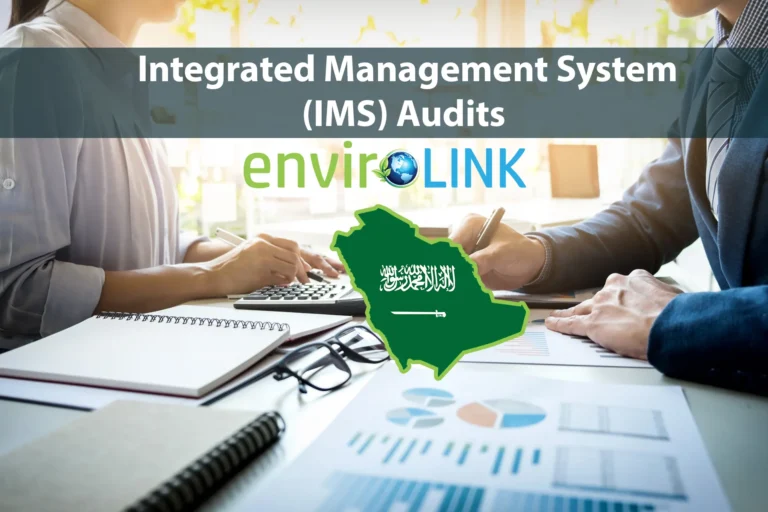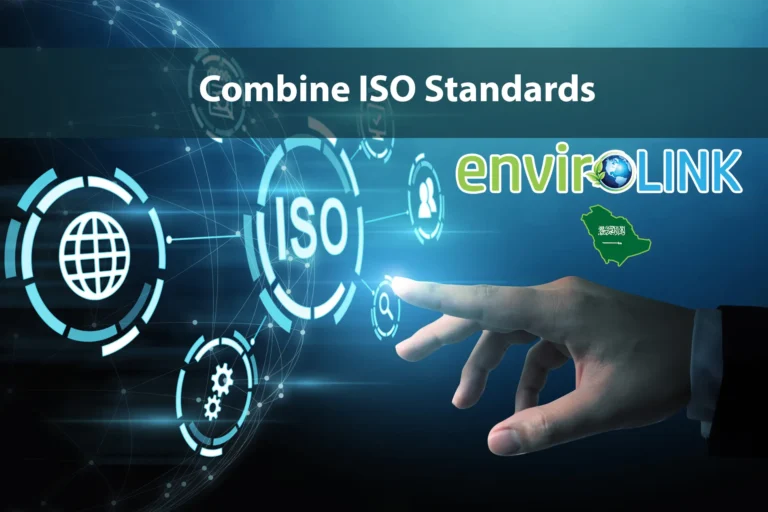Implementing an Integrated Management System (IMS) consolidates various management processes into a unified framework, offering numerous advantages for organizations across industries. From streamlined operations to enhanced compliance, an IMS empowers businesses to thrive in today’s complex business environment
10 Benefits of an IMS
Streamlined Processes: An IMS integrates multiple management systems, such as quality, environmental, safety, and energy management, into a cohesive structure. By streamlining processes and eliminating redundancies, organizations can optimize resource utilization and improve operational efficiency.
Enhanced Efficiency: With an IMS in place, organizations can standardize procedures, documentation, and reporting, reducing the time and effort required to manage disparate management systems individually. This efficiency boost translates into cost savings and improved productivity.
Improved Compliance: Compliance with regulatory requirements and industry standards is paramount for businesses operating in today’s highly regulated environment. An IMS ensures that organizations adhere to relevant standards and regulations across all areas of operation, minimizing the risk of non-compliance and associated penalties.
Holistic Risk Management: By integrating risk management practices across different disciplines, an IMS enables organizations to identify, assess, and mitigate risks comprehensively. This proactive approach helps mitigate potential threats to business continuity, reputation, and stakeholder trust.
Heightened Customer Satisfaction: A well-implemented IMS focuses on meeting customer needs and expectations across all aspects of the business. By consistently delivering high-quality products or services, minimizing environmental impact, ensuring safety, and maintaining data security, organizations can enhance customer satisfaction and loyalty.
Cost Savings: The streamlined processes and improved efficiency facilitated by an IMS often result in significant cost savings for organizations. By reducing waste, optimizing resource usage, and minimizing the occurrence of errors or accidents, businesses can achieve tangible financial benefits.
Competitive Advantage: Organizations that adopt an IMS demonstrate their commitment to excellence, sustainability, and compliance. This commitment can serve as a powerful differentiator in the marketplace, attracting customers who prioritize working with environmentally responsible, safe, and reliable partners.
Facilitated Decision-Making: An IMS provides organizations with access to integrated data and performance metrics, enabling informed decision-making at all levels. By having a comprehensive view of their operations, leaders can identify trends, opportunities, and areas for improvement more effectively.
Continuous Improvement Culture: Continuous improvement is at the core of an IMS, fostering a culture of innovation, learning, and adaptability within organizations. By encouraging employees to contribute ideas, identify inefficiencies, and implement best practices, an IMS drives ongoing enhancement and innovation.
Sustainable Growth: Ultimately, the implementation of an IMS lays the foundation for sustainable growth and long-term success. By aligning business processes with strategic objectives, managing risks proactively, and maximizing efficiency, organizations can achieve sustainable growth while minimizing their environmental footprint and societal impact.
Envirolink ISO Consultancy, serving clients across KSA and the Middle East (UAE, Qatar, Oman), understands the diverse needs and challenges of organizations in this region
Learn More: Integrated Management System
Learn More: Another benefit of an Integrated Management System is reducing your Audit Time










